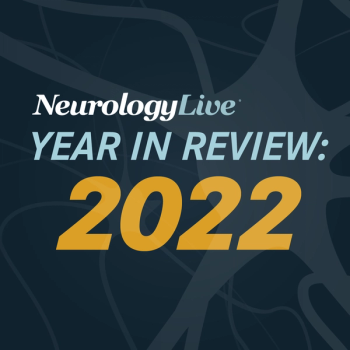
These were the most-watched interviews with experts in dementia that we conducted in 2022, brought to you as part of NeurologyLive®'s Year in Review.

These were the most-watched interviews with experts in dementia that we conducted in 2022, brought to you as part of NeurologyLive®'s Year in Review.

As part of NeurologyLive®'s Year in Review, we've compiled the most-read feature-length stories that appeared on the website in 2022.
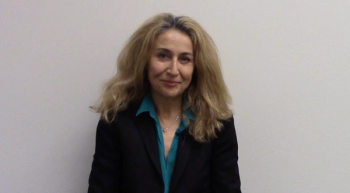
The associate professor at Harvard Medical School and neurologist at the Brigham and Women's Hospital spoke about sleep disorders and epilepsy in adults at the 2022 AES annual meeting. [WATCH TIME: 5 minutes]

As part of NeurologyLive®'s Year in Review, take a look at the most-read news stories in epilepsy and seizure disorders in 2022.
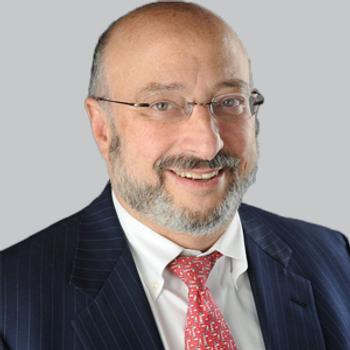
Clinician perceived cognitive performance was significantly predicted by multiple factors, including cognitive scores, physical disability, age, and depression.
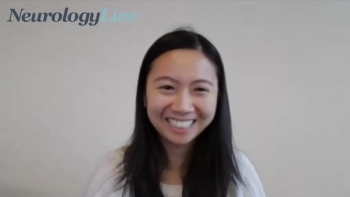
The neuropsychologist at Rutgers University, in New Brunswick, New Jersey, spoke about the different types of nonpharmacological digital interventions for multiple sclerosis. [WATCH TIME: 4 minutes]
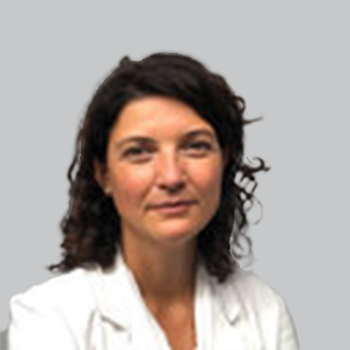
A review of randomized controlled trials on balance interventions highlighted the effects for improved mobility and balance in multiple sclerosis.

As part of NeurologyLive®'s Year in Review, we've compiled the most-read question-and-answer interviews we've conducted with experts in various neurology specialties in 2022.

As part of NeurologyLive®'s Year in Review, take a look at our most-read news stories in Alzheimer disease and dementia in 2022.
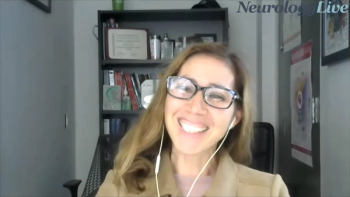
The director of the Headache Center at Allegheny Health Network provided perspective on the process of identifying a patient with chronic migraine and initiating a proper treatment plan. [WATCH TIME: 7 minutes]
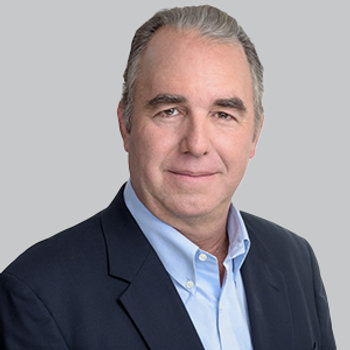
Using focused ultrasound waves, the Exablate Neuro platform has now gained the FDA greenlight for medication-refractory essential tremor, tremor-dominant Parkinson disease, and second side of essential tremor.

Episode 29 of the AUPN Leadership Minute features Alissa Willis, MD, of University of Mississippi Medical Center; and Allison Brashear MD, MBA, of University at Buffalo. [WATCH TIME: 5 minutes]
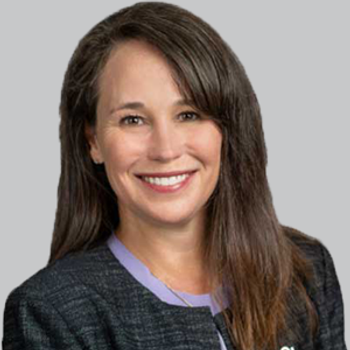
The request to reverse CMS’s April 2022 decision is based on new data on lecanemab, an antiamyloid therapy from Biogen/Eisai that is currently under FDA review until January 6, 2023.
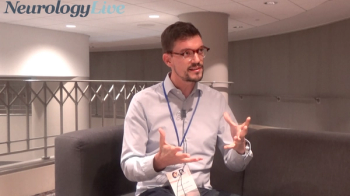
The cognitive and behavioral neurology fellow at Pitié-Salpêtrière Hospital in Paris, France, provided background on a study presented at CTAD 2022 assessing the efficacy of prominent, up-and-coming anti-amyloid therapies. [WATCH TIME: 7 minutes]

The professor of clinical geriatric epidemiology at Karolinska Institutet provided perspective on the FINGERS trial, the first study to show it is possible to prevent cognitive decline using a multidomain lifestyle intervention.
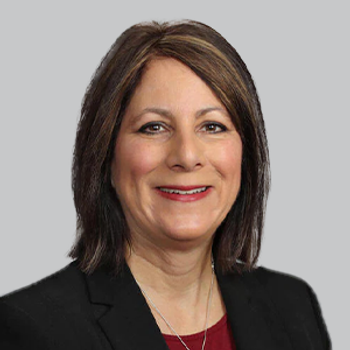
An updated literature review provided data to assist with the revisioning of quality measures in in clinical practice for adults with obstructive sleep apnea.
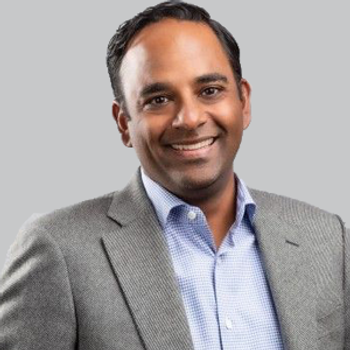
In preclinical studies, ENTR-601-44 has demonstrated a robust ability to skip exon 44 in the muscles of nonhuman primates and full-length human DMD mice.
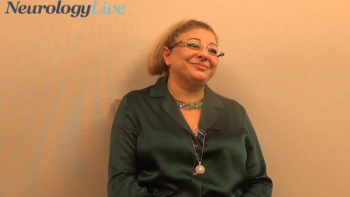
The chief medical officer of Alzheon detailed the phase 2 safety findings of ALZ-801, and the lack of amyloid-related imaging abnormalities observed. [WATCH TIME: 3 minutes]
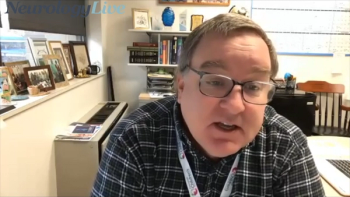
The director of the Tuberous Sclerosis Clinic at Cincinnati Children’s provided background on the idea of TSC Steps, a trial designed to assess whether early intervention with sirolimus could significant impact disease course of tuberous sclerosis complex. [WATCH TIME: 5 minutes]

After 6 weeks of treatment, WVE-N531 was found to be safe, well-tolerated, and resulted in mean dystrophin production that was below the level of quantification.
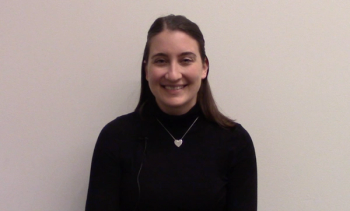
The pediatric neurologist and epileptologist at the University of Michigan's Mott Children's Hospital spoke at the 2022 AES conference about disparities that currently exist in epilepsy care. [WATCH TIME: 4 minutes]
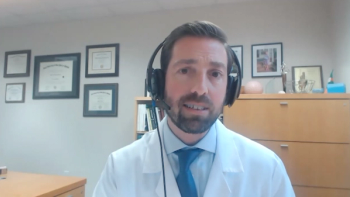
The director of the Mellen Center for MS at Cleveland Clinic offered an overview of the State of the Science Summit that was held on November 10, 2022, featuring a panel of expert clinicians. [WATCH TIME: 4 minutes]
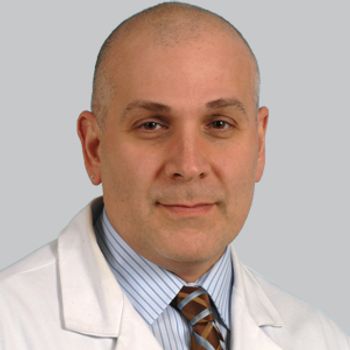
James Galvin, MD, MPH, director of the Comprehensive Center for Brain Health at the University of Miami Miller School of Medicine, provided insight on the unmet needs for dementia with Lewy bodies, and whether success in Alzheimer disease can help.
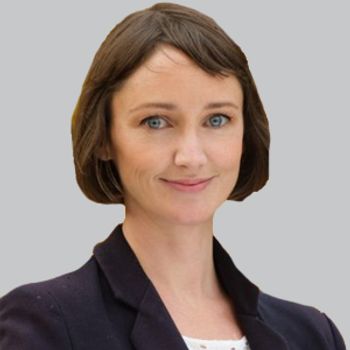
Using a cohort of more than 2500 patients with MS on disease-modifying therapies, treatment initiation within the first 2 years of disease onset was more beneficial on patient-reported outcomes than 2-4 years postonset.
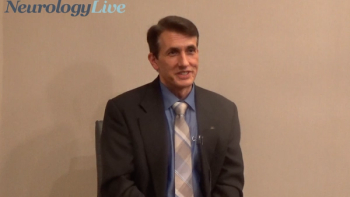
The senior VP of clinical research at Eisai discussed findings from a phase 2 study assessing irsenontrine in patients with dementia with Lewy bodies and Parkinson disease dementia. [WATCH TIME: 4 minutes]

Here's some of what is coming soon to NeurologyLive® this week.
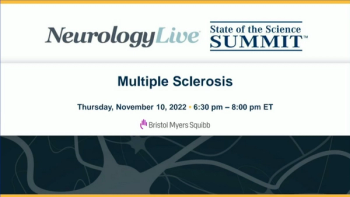
Chaired by Robert Bermel, MD, of Cleveland Clinic, the presentations also feature Jeffrey Cohen, MD; Amy Kunchock, MBBS, MMed; and Brandon Moss, MD. [WATCH TIME: 1 hour, 30 minutes]
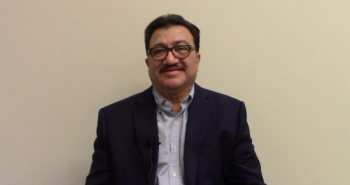
The division director of pediatric neurology, and director of the pediatric sleep program at Cohen, Children's Medical Center, Northwell Health, spoke about sudden unexpected death in epilepsy and sleep at the 2022 AES Conference. [WATCH TIME: 3 minutes]

Test your neurology knowledge with NeurologyLive®'s weekly quiz series, featuring questions on a variety of clinical and historical neurology topics. This week's topic is multiple sclerosis.
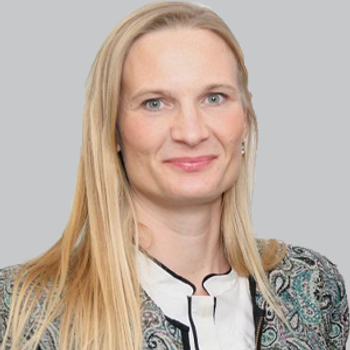
Short objective sleep duration was associated with weight regain and attenuated improvements in body composition one year after weight loss, independent of intervention allocation, age, and sex.